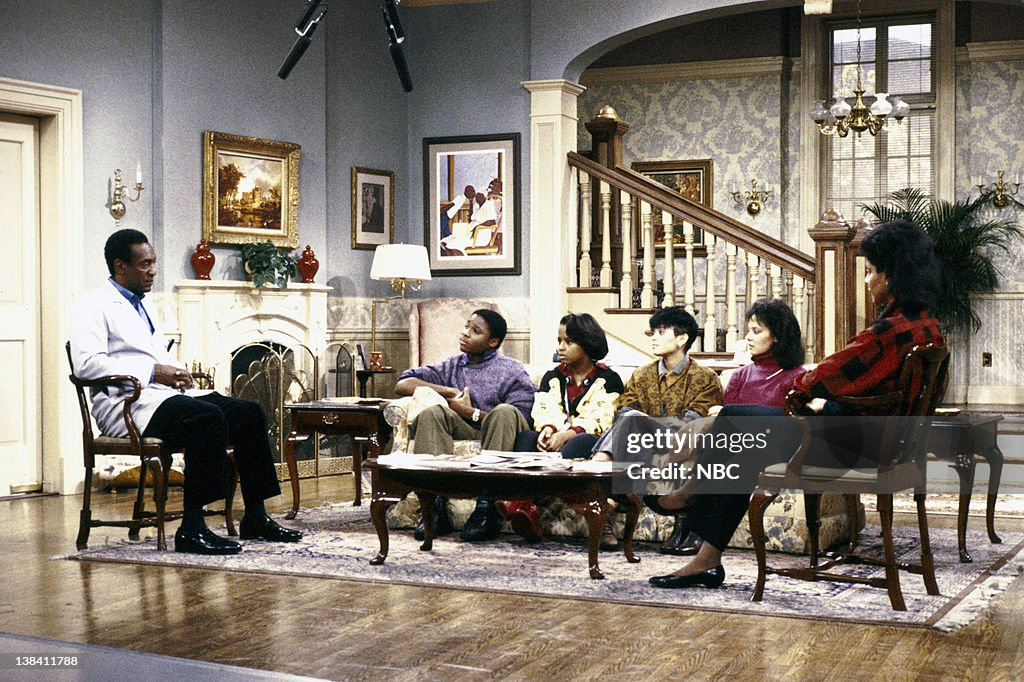
Introduction:
When you think about iconic TV shows that defined the 1980s and 1990s, few can rival the cultural impact and enduring legacy of The Cosby Show. For eight seasons, audiences were invited into the warm, hilarious, and occasionally heart-wrenching world of the Huxtable family. But what was it about this groundbreaking sitcom that made it stand out among all the others? The Cosby Show was more than just a comedy. It broke barriers, reshaped television, and continues to resonate with viewers decades later. Here’s why The Cosby Show remains the greatest family sitcom of all time.
The Show’s Groundbreaking Representation:
In a time when most sitcoms focused on blue-collar families or cast African-American characters primarily in roles of hardship, The Cosby Show offered something revolutionary. The Huxtables were an affluent, educated, and happy African-American family living in a Brooklyn brownstone. This was groundbreaking. For the first time, a television show portrayed an upper-middle-class black family living an idyllic life—something that had rarely been seen on television before. The Huxtables didn’t struggle financially, nor were they defined by race in a negative light. Instead, they showed that success, love, and happiness were attainable for everyone, regardless of ethnicity.
The show gave its audience a new kind of family to look up to. Cliff Huxtable, played by Bill Cosby, was a fun-loving, wise, and caring father. His wife, Clair Huxtable (played by Phylicia Rashad), was a successful lawyer who balanced work and family life with grace and poise. Together, they modeled a loving and equal partnership, something that was refreshing at the time.
Real-Life Struggles with Humor:
One of the reasons The Cosby Show still resonates today is its ability to tackle real-life issues with humor and grace. It wasn’t just about the comedic antics of a lovable father and his four children; the show often addressed serious topics like education, social issues, and race—topics that were often avoided or mishandled in other sitcoms.
Take the episode where Theo Huxtable, the second oldest child, struggles with his academic performance. Cliff’s memorable line, “Theo, you are a smart kid,” was both an affirmation of Theo’s intelligence and a lesson in believing in yourself. The show didn’t shy away from portraying Theo’s flaws, but it also offered a message of hope, showing that everyone—no matter their challenges—could achieve their goals with hard work and determination.
Strong Family Dynamics and Chemistry:
At the core of The Cosby Show was its portrayal of an idealized family, but it was the chemistry between the actors that truly brought the show to life. Bill Cosby’s portrayal of Cliff was both humorous and deeply sincere, while Phylicia Rashad’s portrayal of Clair was the perfect foil to Cliff’s quirky, sometimes over-the-top antics. Their mutual respect and love for each other were palpable, making them the ultimate power couple of television.
Their four children—Sandra, Denise, Theo, and Vanessa—each had their own unique personality and contributed to the show’s charm. From Denise’s rebellious streak to Theo’s struggle with academics, the Huxtable kids were real, relatable characters who felt like part of the audience’s own family.
Diversity and Representation:
The Cosby Show was also instrumental in breaking down stereotypes and paving the way for more diverse portrayals of African-American life on television. By showing a successful and loving black family, the show challenged the dominant narrative in media at the time, which often depicted African-American families as struggling or in crisis.
The success of The Cosby Show demonstrated that audiences wanted more than just narrow portrayals of African-American life. It showed that African-American families were just as capable of living rich, multifaceted lives, full of humor, love, and personal growth.
Enduring Popularity:
Even years after its original run, The Cosby Show remains beloved by fans around the world. Its legacy lives on in reruns, streaming platforms, and the cultural conversations it sparked. The show’s influence can be seen in later sitcoms such as A Different World and Blackish, which continued to explore similar themes of family, race, and social class.
In addition, the show’s focus on family values—love, mutual respect, and support—resonates with viewers of all ages, making it a timeless classic. In a world where family dynamics have evolved, The Cosby Show’s depiction of a two-parent household with an emphasis on education and hard work still serves as a powerful reminder of the importance of family, no matter what the challenges may be.
Conclusion:
From its pioneering representation of African-American families to its ability to address serious topics through humor and warmth, The Cosby Show set the standard for family sitcoms. Its enduring legacy proves that when television is done right, it can not only entertain but also educate and inspire. The Cosby Show is, without a doubt, the greatest family sitcom of all time.
